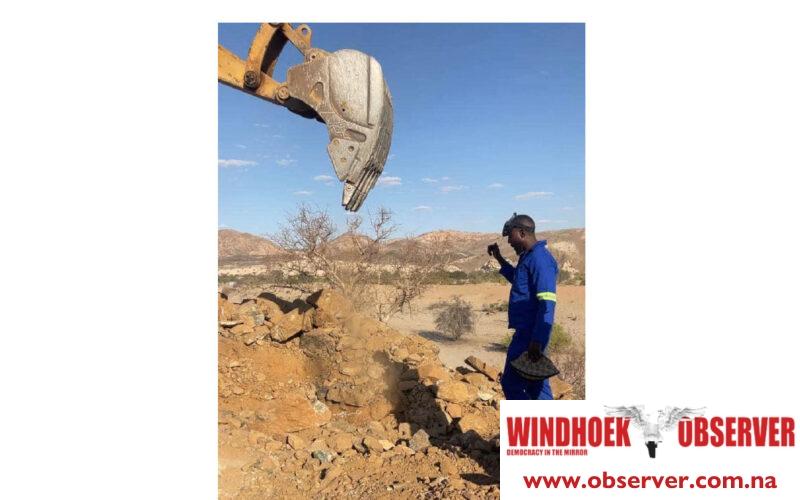Ester Mbathera
The government has considered the export of 20 000 tonnes of unprocessed minerals such as lithium, cobalt,
manganese, graphite, and rare earth elements per miner or exporter.
The Cabinet made this announcement last week.
“Cabinet considered and endorsed a maximum export quantity of one thousand kilograms (1 000 kg) for mineral analyses per annum per exporter or producer, and Cabinet further considered and endorsed a maximum of up to 20 000 tonnes for the purpose of plant design parameters,” reads the cabinet announcement.
The announcement represents the government’s progress to date in implementing the cabinet’s June 2023 decision, which mandated the export of certain critical minerals.
Last year, the Cabinet decided for Namibia to no longer export unprocessed critical raw minerals. The decision was taken to ensure value addition to Namibia’s critical raw materials.
At the time, smaller quantities of the minerals were allowed for export at the discretion of the minister.
It was not clear what the cabinet meant by “smaller quantities.”
The Windhoek Observer understands that the ban on the exportation of raw materials remains in place and that this export is the Ministry of Mines and Energy’s way of aligning with industry practice.
The government’s initiative is to have the test samples exported unhindered because there were some grey areas in the manner in which the ban was imposed.
According to industry practice, anyone must build a processing plant to conduct mineral analysis and metallurgical tests.
Industry experts worry that improper implementation could allow some miners to exploit the process of exporting material for testing, leading them to sell the ore instead.
The mines ministry deputy executive director, Erastus Shivolo, said measures are in place to ensure that the system is not exploited.
“If you take the 20,000 tons and you don’t deliver, you must show why you haven’t delivered. Miners have to give reasons for the export and the law has all sorts of penalties that can be imposed. We would want to see one transgressor show we can make an example of that miner,” he said.
He said that miners who fail to show results will not be allowed to take out another sample consignment.
He revealed that the ministry trained NAMRA officials last week on how to examine consignments and pricing.
Last week, the Windhoek Observer reported that miners accused the government of implementing the ban on the exports of ore hastily.
When the ban came into being, business consultant Steve Galloway also raised concerns over the decision and its potential unintended consequences.
He expressed concerns that ambiguous directives will not achieve the intended goals of responsible resource stewardship in Namibia.




